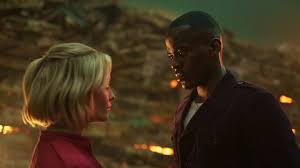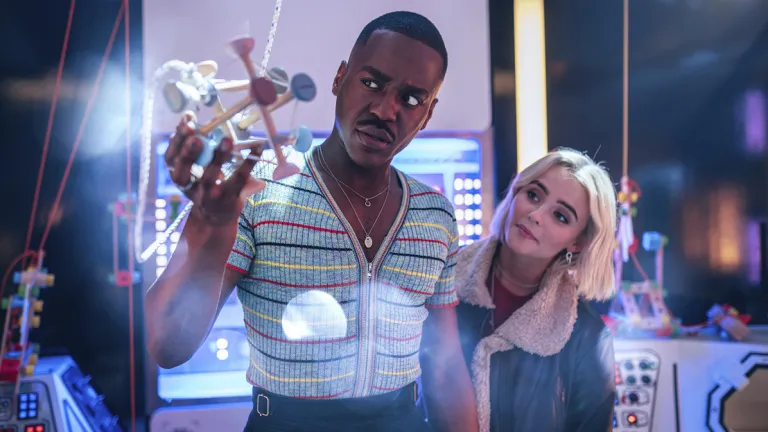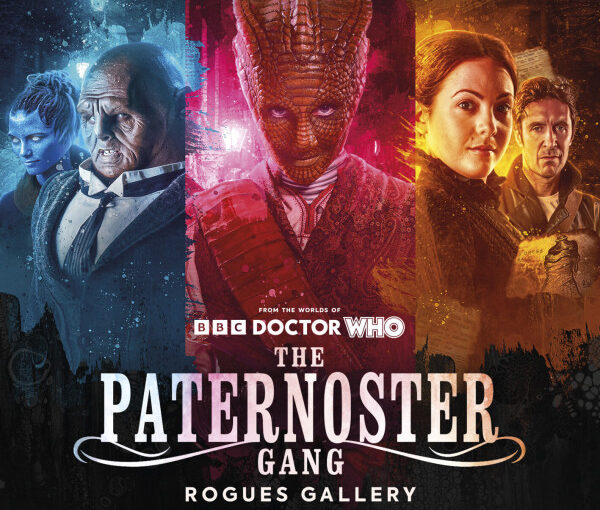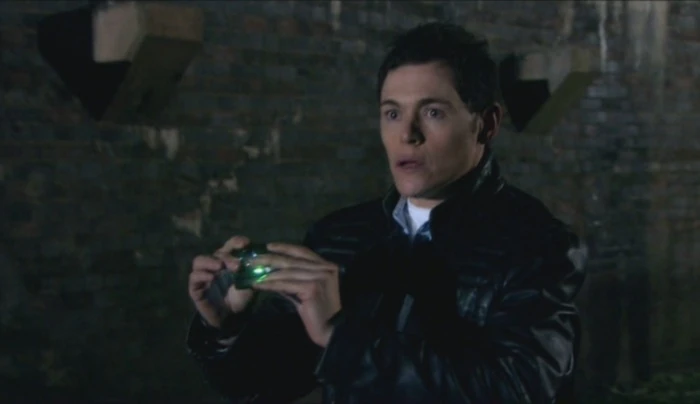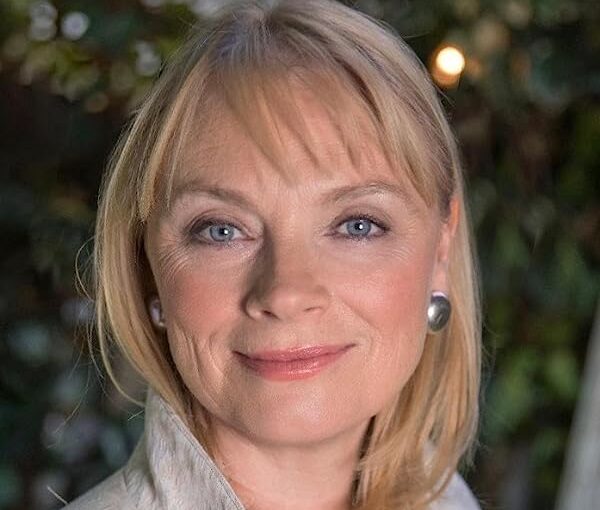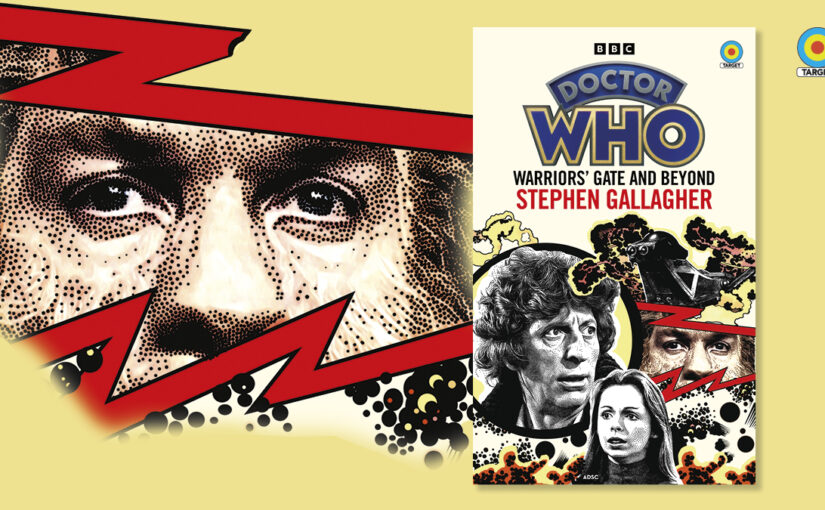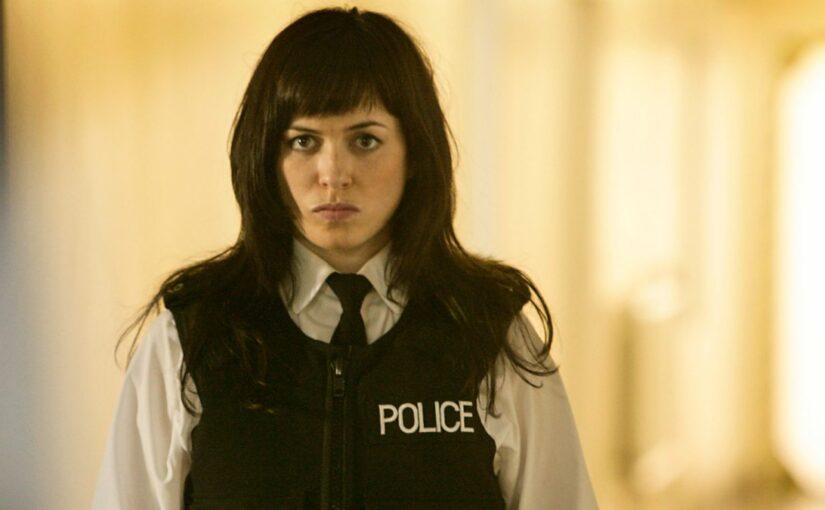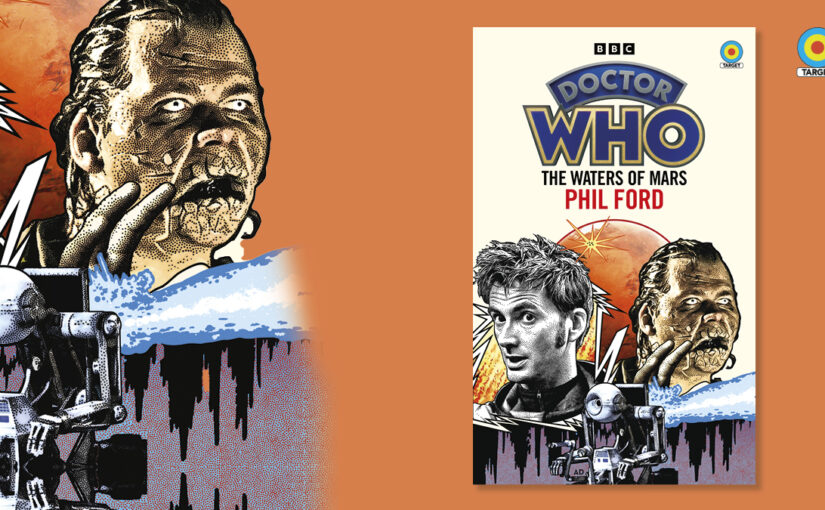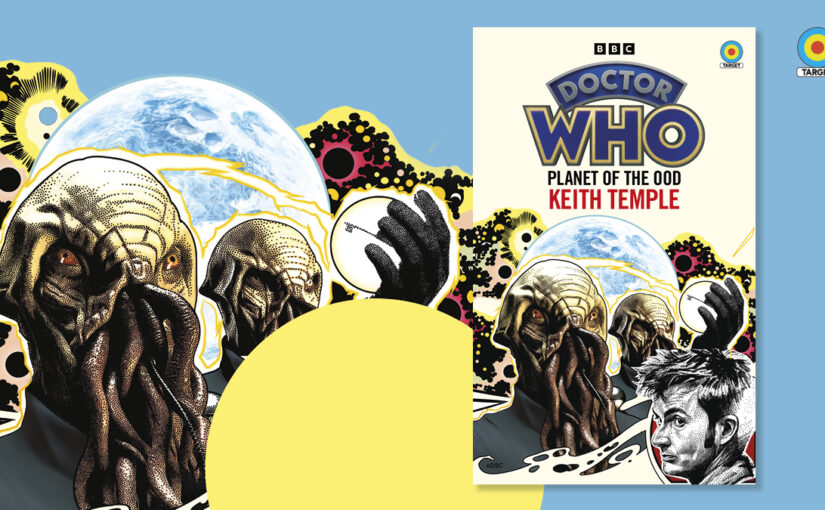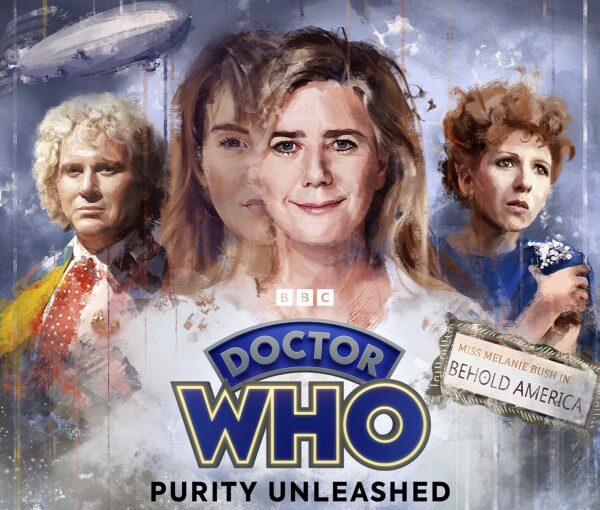Martyn, Chris and Abi discuss Doctor Who.
Join us as we explore this new era of Doctor Who and provide our insights on the latest adventures of The Fifteenth Doctor.
“Boom” is the highly anticipated third episode of the fourteenth season of the iconic British science fiction series, Doctor Who. Written by acclaimed writer Steven Moffat, former showrunner from 2010 to 2017, and directed by the talented Julie Anne Robinson, this episode was broadcast on BBC One in the United Kingdom on May 18, 2024, and made its debut on Disney+ in the United States on May 17, 2024.
In this gripping episode, the Fifteenth Doctor, portrayed by Ncuti Gatwa, and his companion, Ruby Sunday, played by Millie Gibson, find themselves on an alien planet embroiled in a massive war. The Doctor accidentally steps on a landmine, creating a tense and thrilling scenario where he must devise a way to disarm it without moving. Adding to the excitement, the episode features a surprise guest appearance by Varada Sethu as Mundy Flynn, ahead of her expected debut in the following series.
“Boom” has been widely praised, attracting an impressive 3.57 million viewers and receiving positive critical acclaim for its intense storyline and standout performances.
“73 Yards” is the riveting fourth episode of the fourteenth season of the beloved science fiction series, Doctor Who. This episode, penned by the renowned Russell T Davies and directed by Dylan Holmes Williams, first aired on BBC One in the United Kingdom on May 25, 2024, and was released on Disney+ in the United States on May 24, 2024.
The storyline takes a dramatic turn as the Fifteenth Doctor, played by Ncuti Gatwa, vanishes off a cliffside in Wales after disturbing a fairy circle. His companion, Ruby Sunday, portrayed by Millie Gibson, embarks on a desperate search for him while being trailed by a mysterious woman who maintains a constant distance of 73 yards. Russell T Davies describes this episode as a venture into folk horror, adding a chilling layer to the Doctor’s adventures. Notably, “73 Yards” was the first episode of the fourteenth series to be filmed, with production occurring in various picturesque locations across Wales in late 2022 and early 2023.
“73 Yards” captivated an audience of 4.058 million viewers and garnered positive reviews from critics. Millie Gibson’s performance, in particular, received widespread acclaim.
“Dot and Bubble” is the fifth episode of the fourteenth season of the acclaimed British science fiction series, Doctor Who. Written by Russell T Davies, who originally conceived the idea for the sixth series, and directed by Dylan Holmes Williams, this episode first aired on BBC One in the United Kingdom on June 1, 2024, and premiered on Disney+ in the United States on May 31, 2024.
In this thrilling episode, the Fifteenth Doctor, portrayed by Ncuti Gatwa, and his companion, Ruby Sunday, played by Millie Gibson, face the daunting task of saving the city of Finetime from a horde of human-eating slugs. They primarily communicate with Lindy Pepper-Bean, depicted by Callie Cooke, through social media to coordinate their efforts and assist the beleaguered residents of Finetime.
“Dot and Bubble” delves into profound themes such as the impact of social media on society, racism, and elitism. Both Russell T Davies and critics have drawn comparisons between this episode and the thought-provoking anthology series Black Mirror. The episode was met with positive reviews, praised for its insightful commentary and engaging narrative.
Check out Abi’s production company TT Productions 23. Toverton Podcast is here.
Check out Chris’s Second Doctor audios.
Check out Bite Me: A Buffy Podcast.
Twitter: Podcast, Martyn, Abi.
Instagram: Podcast, Martyn, Chris, Abi.
TikTok: Podcast, Martyn, Chris, Abi.
